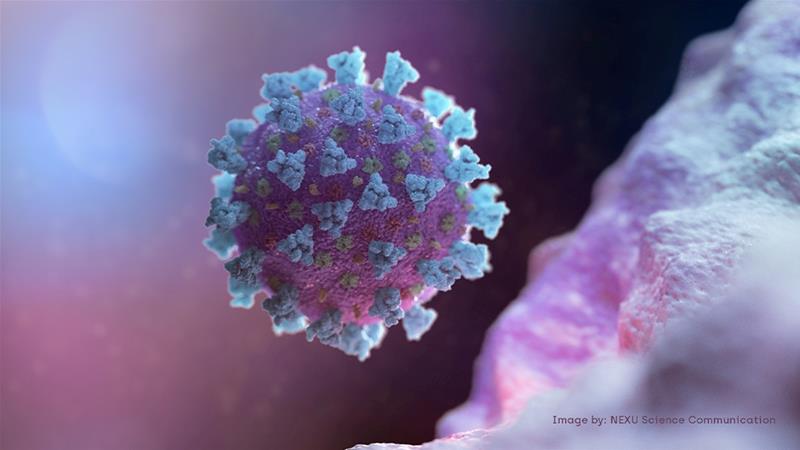Chinese researchers have developed an experimental COVID-19 vaccine that has shown promising results in animal studies.
The preliminary findings of the potential COVID-19 vaccine were encouraging, which triggered antibodies and raised no safety concerns, according to the researchers.
The team said a human trial with more than 1,000 participants is underway.
The vaccine candidate, known as BBIBP-CorV, has been found to induce high-level neutralizing antibodies that could block the virus from entering and infecting cells in monkeys, rats, guinea pigs, and rabbits, according to the researchers.
The findings of the study were published Saturday online by the medical journal Cell.
The authors wrote, “These results support the further evaluation of BBIBP-CorV in a clinical trial.”
BBIBP-CorV is developed by the Beijing Institute of Biological Products, which is affiliated to state-owned China National Pharmaceutical Group (Sinopharm). It is among five vaccine candidates China is testing in humans.
Sinopharm has invested more than $141 million in vaccine projects.
Globally, more than 100 vaccine candidates are undergoing trials. Some of the front runners who are conducting human trials include Pfizer, AstraZeneca, BioNtech, Johnson & Johnson, Merck, Moderna, and Sanofi
BBIBP-CorV appears to be safe and is able to generate an immune response in animals. It did not appear to “trigger antibodies that could boost the infection, a phenomenon known as antibody-dependent enhancement (ADE),” according to the researchers.
However, this does not necessarily guarantee ADE will not occur in human tests, the researchers added.
Apart from BBIBP-CorV, Sinopharm is testing another vaccine candidate in humans, which is developed by its Wuhan-based unit. The trial included more than 2,000 people who have received two shots of that experimental vaccine. Globally, the virus has affected more than 7.3 million people and killed over 414,000. In the United States, COVID-19 has affected more than 2 million and killed over 114,000 so far.























